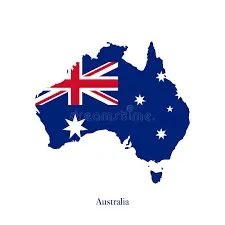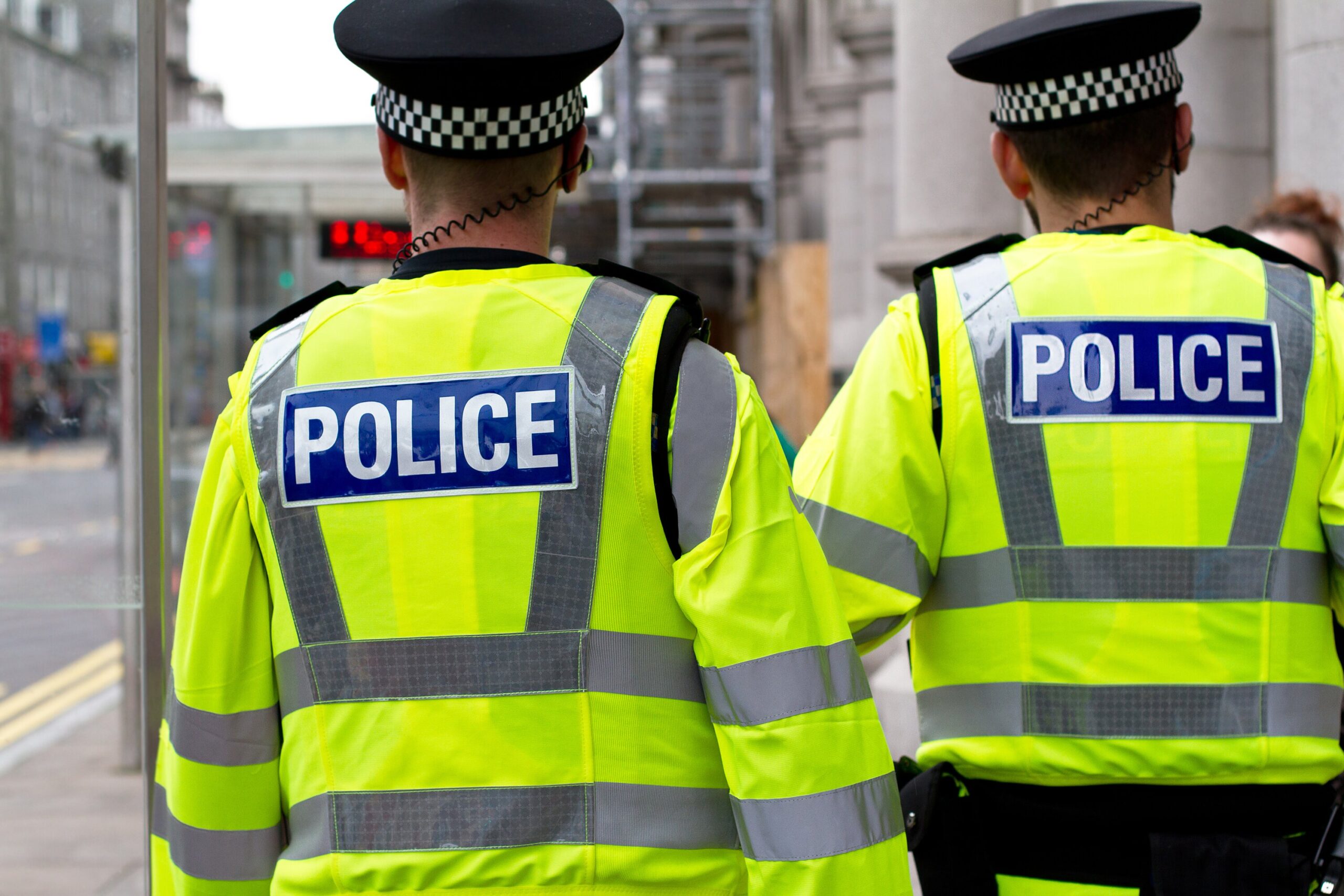Why you should never talk to the police
Talking to the police can be far more dangerous than not talking to the police.
We have all heard the phrase “Anything you do or say may be used in court against you”.
Never talk to the police if you are accused of committing a crime and never talk to the police during an investigation or interrogation. Simply caution the police officer that you are exercising your right to remain silent. Then shut up! You are not obligated to talk to the police, though they may ask you to answer questions. You of course are not obligated to answer them. Alternatively, you can recite the mantra “No consent, don’t understand”.
Never sign any statement for the police regardless of whether you think it is in your best interests or not. This includes after car accidents or break-ins. Never give a legal name. When you provide a legal name you are identifying yourself as an agent of the Crown or State. You are taken to be the trustee of a trust estate and therefore liable for any breaches of trust or breaches of the thousands of codes, legislation, statutes, and regulations. Blacks Law Dictionary defines ‘real name’ as ‘your Christian or given names.If you are tempted to give them a name, ask them “Do you want my real name?” then give them your real name.
You have a right not to incriminate yourself. That is the job of the police and the prosecution (or your ex-wife !).The police and prosecutors will cherry-pick information, alter police reports, lose crucial evidence, delete footage, lie under oath, bribe, threaten and extort witnesses. Police work very closely with prosecutors to the point of conspiring to convict. There can be a very fine line between what is the truth and what is an outright fabrication of the truth.
The system is already stacked against you so they can charge you (a charge is equivalent to a sale for police officers. The more people they charge, the quicker they get promoted). All police services are businesses. The High Court of Australia has ruled that if an entity has an ABN number (Australian Business Number) then it is a business.
Police exist solely to raise revenue for the Crown by charging your estate. This is disguised as law and order.
All police operate on a quota system. This may be formal or informal. They do deny its existence. Every officer knows if he falls behind in writing tickets, issuing fines, or making arrests then his or her career is limited to desk duties. If they eventually lose their employment with the police services then they will only qualify to work for a sheltered workshop at best.
When a police officer asks you “Do you understand ?”, he is asking you whether you have any understanding of the legislation he is attempting to enforce upon you. For you to be found guilty of a crime or offense, the prosecution must prove that you had an understanding that the action was a crime or offense and that you, therefore, had intent. No understanding of a code, statute, legislation, or regulation means not guilty.
Answering only one question to a police officer will give them encouragement to ask further questions. You want to stop the conversation before it is started.
Police will often tell you they have evidence or a witness that says you committed the crime. More times than not this is an outright lie to trick you into confessing.
The police may attempt to trick you into accompanying them to the police station for an interview (interrogation). They are trying to give you the impression that you are under arrest. Ask them “Am I under arrest? If so, what for ?”
Police will often tell you that if you confess to the crime then they will look after you and make sure you receive only a small fine and get off lightly or even give you immunity from prosecution. Police have no say in the sentences or penalties handed to you. This is the job of the prosecutors and the judge.
If police approach you on your private property then inform them they are trespassing and to get off your property immediately. Regardless of whether they do or don’t, ask them for their names and badge numbers. Preferably film this if possible. A lawsuit for unlawful trespass may always be a good idea.
If you are driving and pulled over by the police, exit the vehicle with your keys and your mobile phone. Many experienced lawyers have argued that police can only insist you provide them with a driver’s license when you are in the act of driving. If you are standing on the grass beside the vehicle then, at that point in time, you are not driving or operating a motor vehicle. This is why police insist that you remain in the vehicle.
If you are pulled over for a random breath test and believe you may be over the limit, exit your vehicle with the keys, and get off the road. A friend of mine, when asked to take a breath test for alcohol, pulled a hip flask of alcohol out of his pocket and had a few swigs. This removed the ability of the police to prove that he was already intoxicated whilst driving. An empty bottle of alcohol will suffice.
Police Body Cameras
Police body cameras were originally introduced not so much to make police accountable, but rather to protect them against the public making any false allegations against them. Cameras are a double-edged sword. Depending on the jurisdiction, police cameras may or may not be compulsory to wear and to have turned on during any incidents. Countless police officers have been proven wrong, convicted of excessive force, prosecuted, lost their jobs, jailed, and sued as a result.
Your Personal Camera – Should I or shouldn’t I tell the police I am filming?
There are two sides to this argument. Should you tell the police they are being filmed in an attempt to prevent them from using excessive force (which may save your life) or acting unlawfully or should you not tell them they are being recorded thus enabling you to potentially film them in the act of using excessive force or acting unlawfully and bring a claim for damages against them? There is no best answer as a police interaction could go either way.
Many police will mistakenly advise you that you are not allowed to record them. In most places around the world, this is not the case. Most police handbooks will express that the public has a right to film the interaction as police themselves are usually filming.
Just be aware that the police may attempt to delete your video at the scene or they will claim that the video is evidence thus giving them the right to seize it so they can delete it later. You should always live stream the footage and let the police officer know this. Taking your camera may qualify as an illegal/unlawful search and seizure.
Most Police Officers are completely ignorant as to what qualifies as an ‘arrest’.
The very act of stopping someone, whether it be in traffic, or walking along a footpath, is an arrest as the police officer brought the person to ‘a rest’. Simple? Many police officers will state that they have detained you hoping that you do not realise a detainment is an arrest by a different name.
Always get the names of all police officers during the arrest regardless of whether they are the ones who placed handcuffs on you. Many litigants after being arrested, have sued every police officer present during the arrest, for false arrest, including the officers who drove the paddy wagon or the officer who locked the cell door behind you.
Many litigants will sue the police for multiple offenses including trespass, unlawful arrest, assault and battery, false imprisonment, and malicious prosecution. You need only to claim unlawful arrest and the onus is on the police to prove they had a lawful reason.

